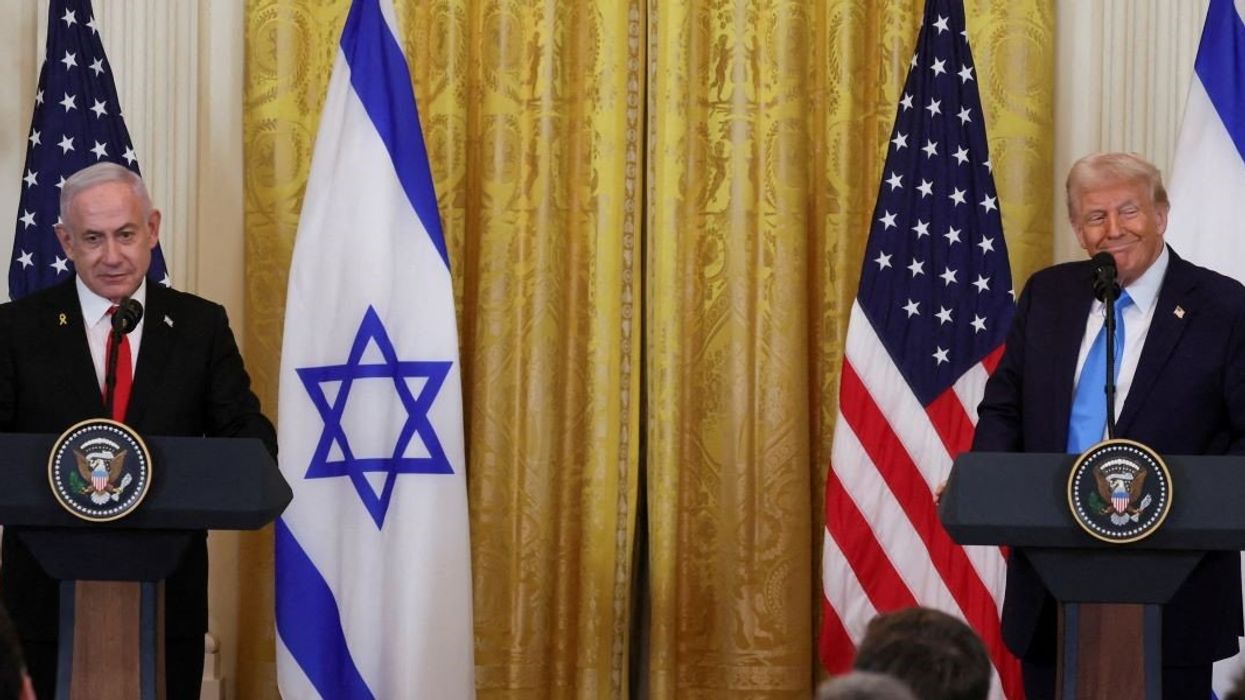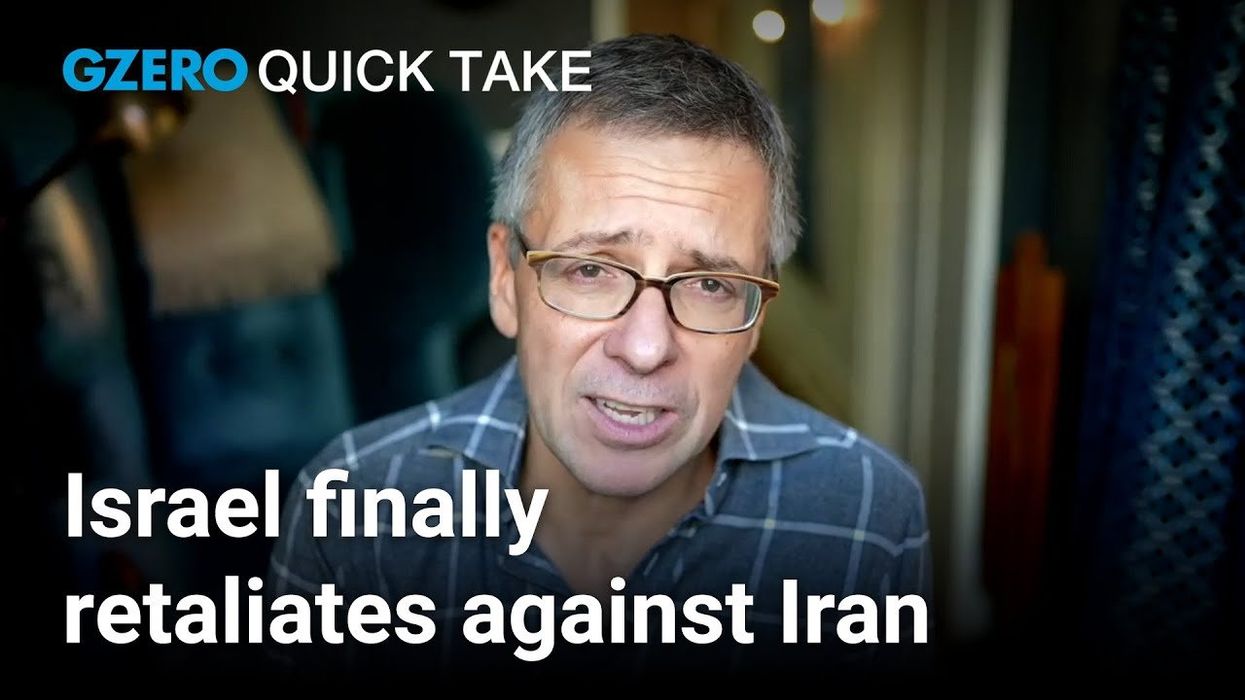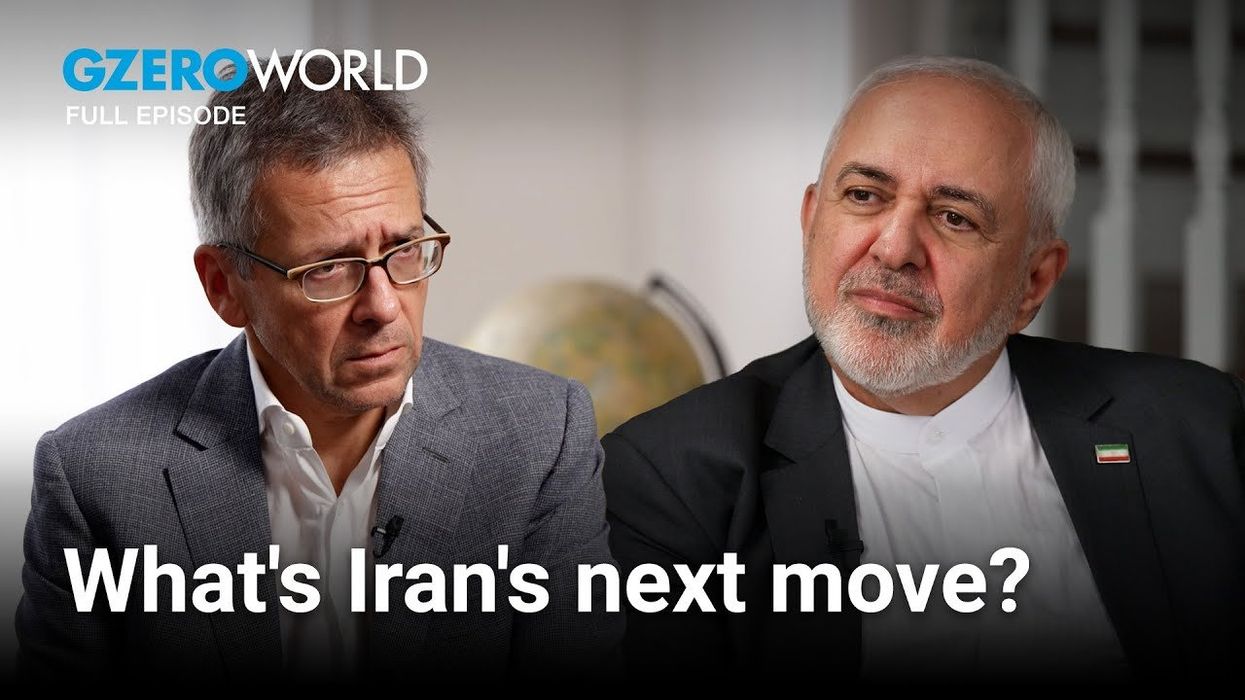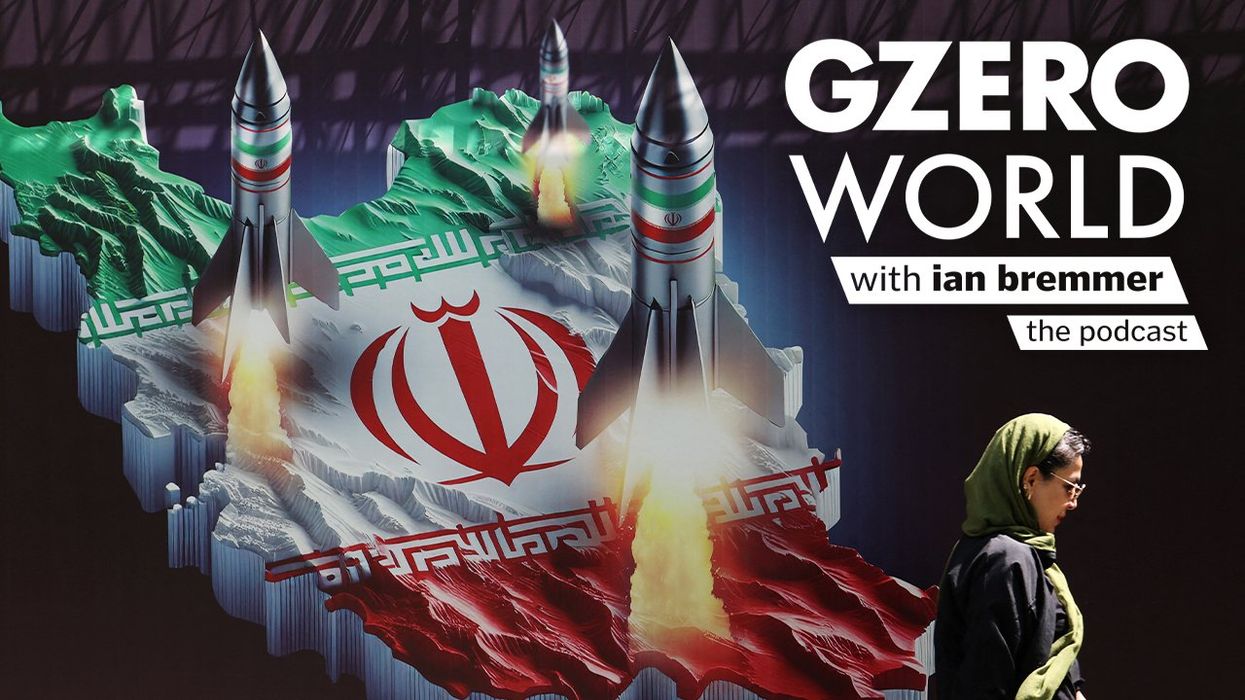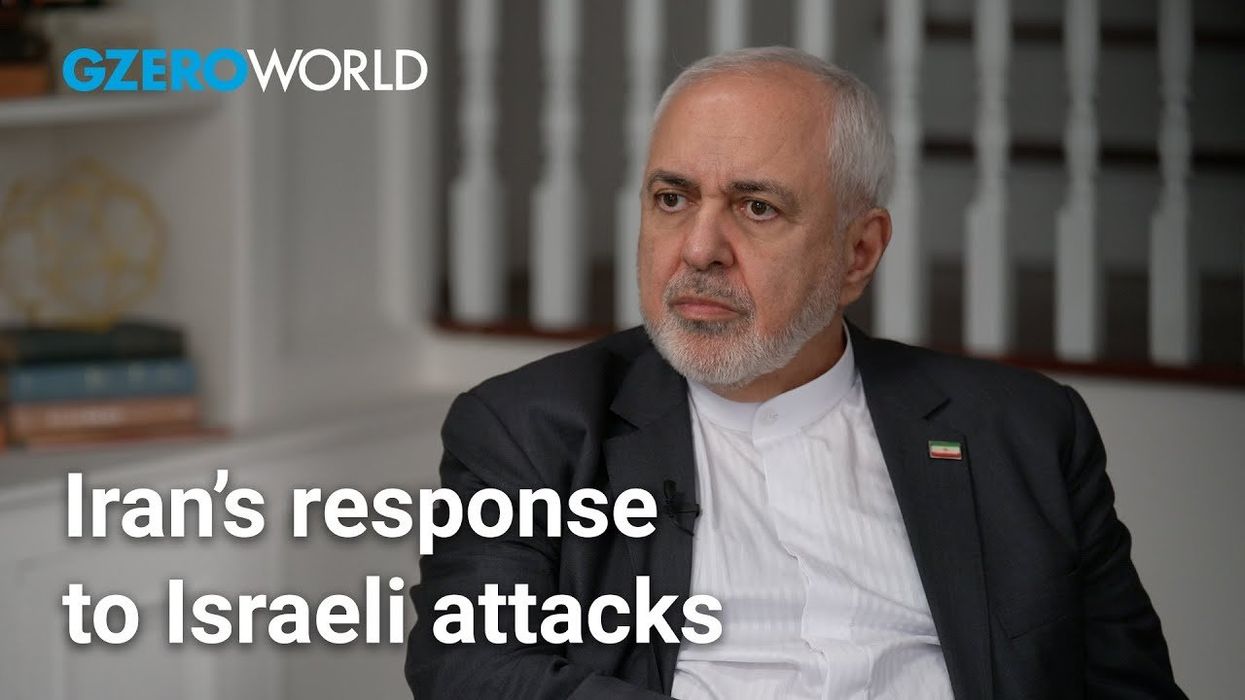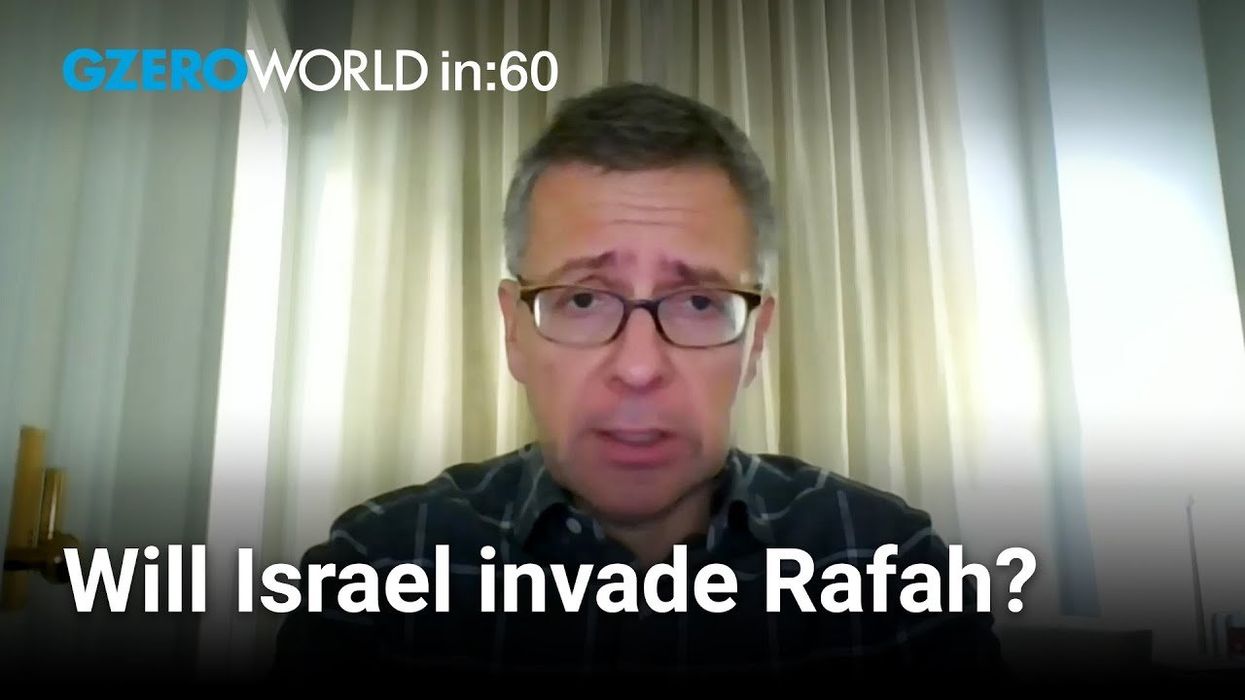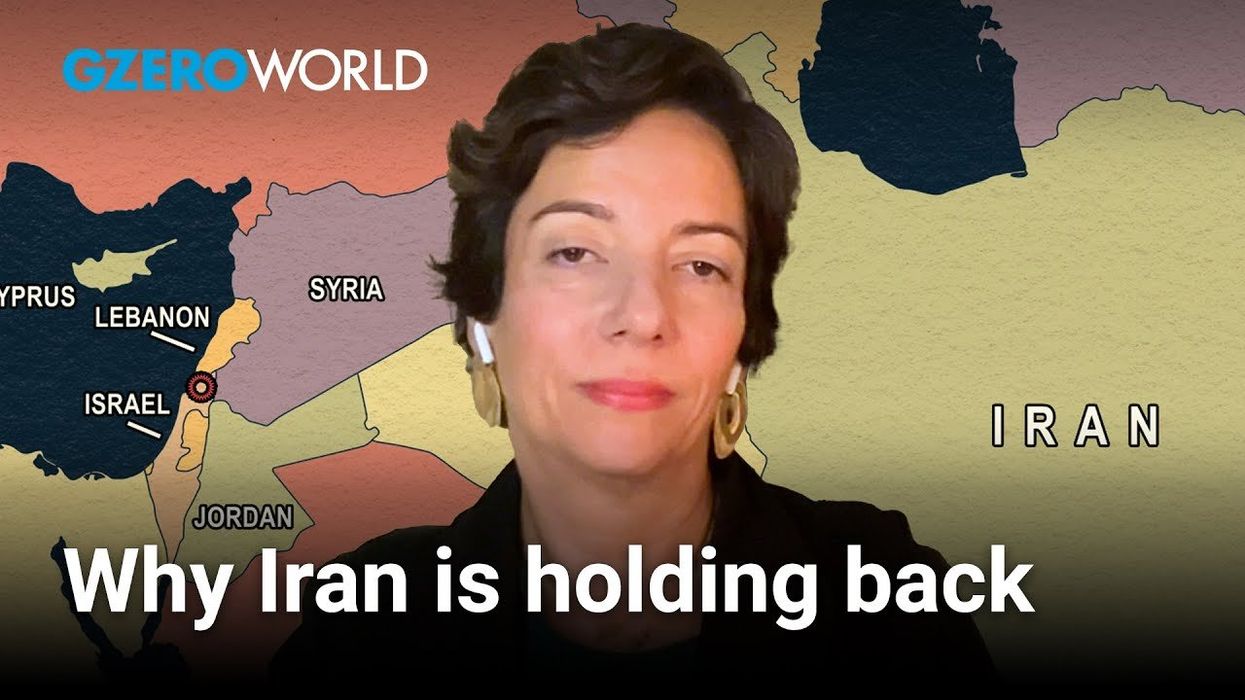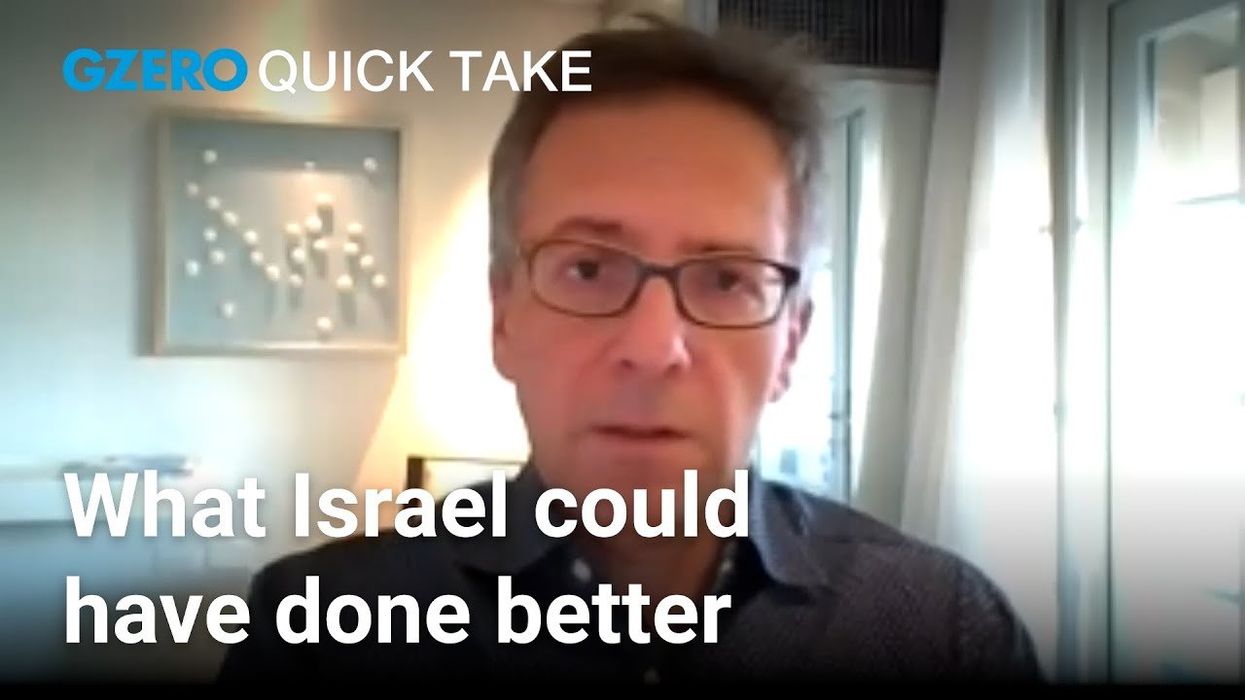Quick Take
Iran looks to negotiate ceasefire
As the Israel-Iran war intensifies, Iran is seeking an urgent ceasefire, facing overwhelming Israeli military air superiority. "They have virtually no capacity to strike back,” says Ian Bremmer in today’s Quick Take.
Jun 16, 2025

